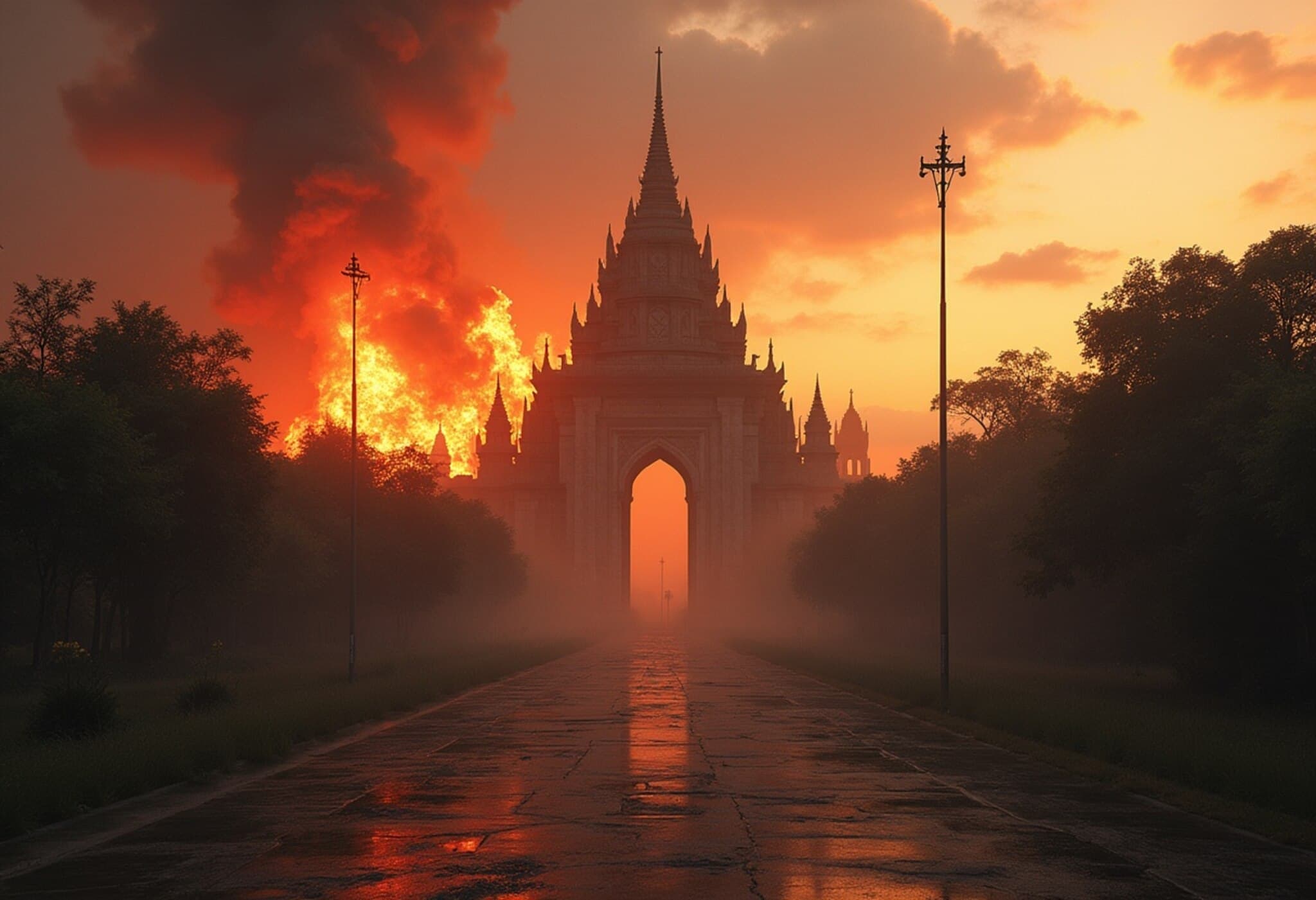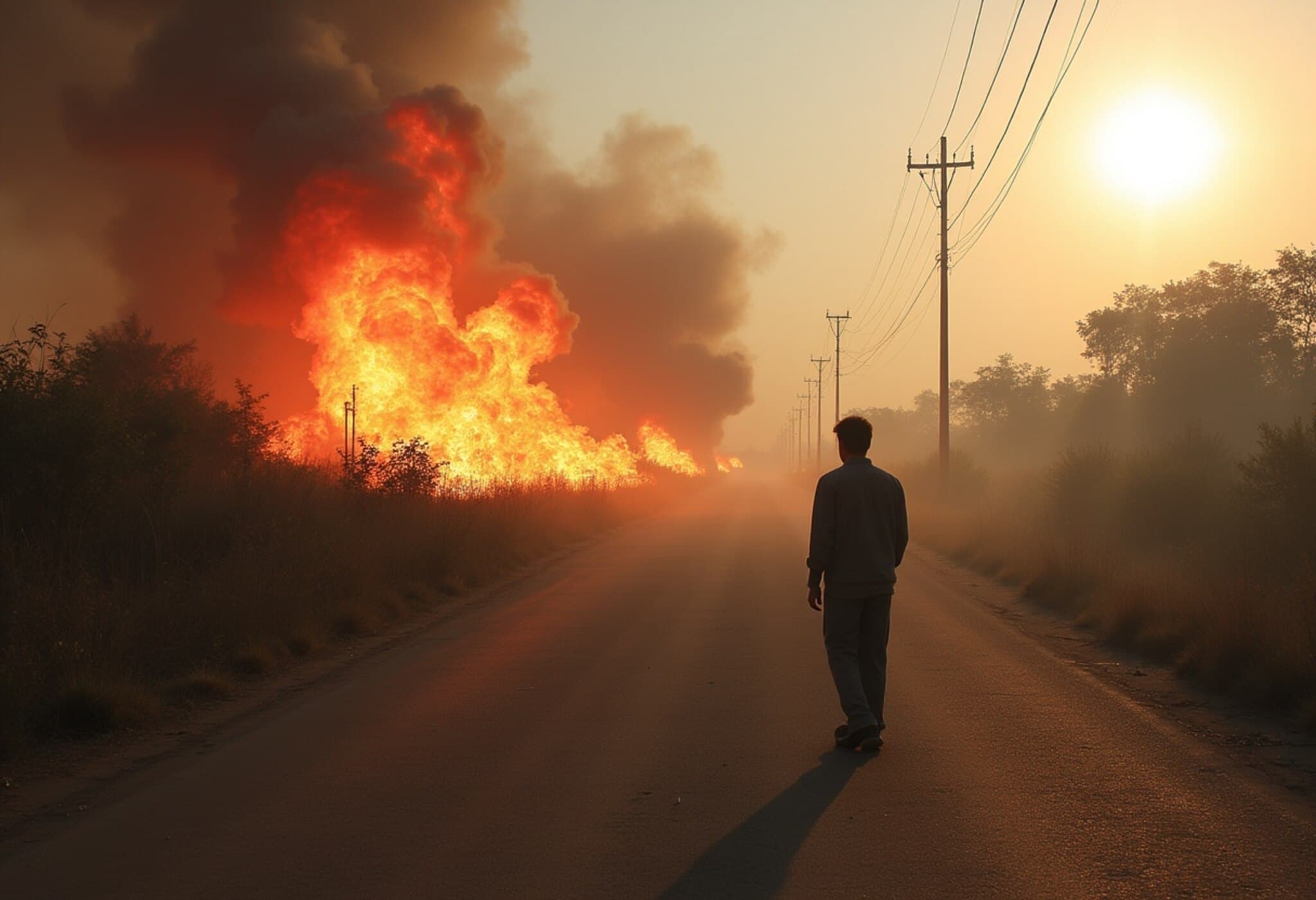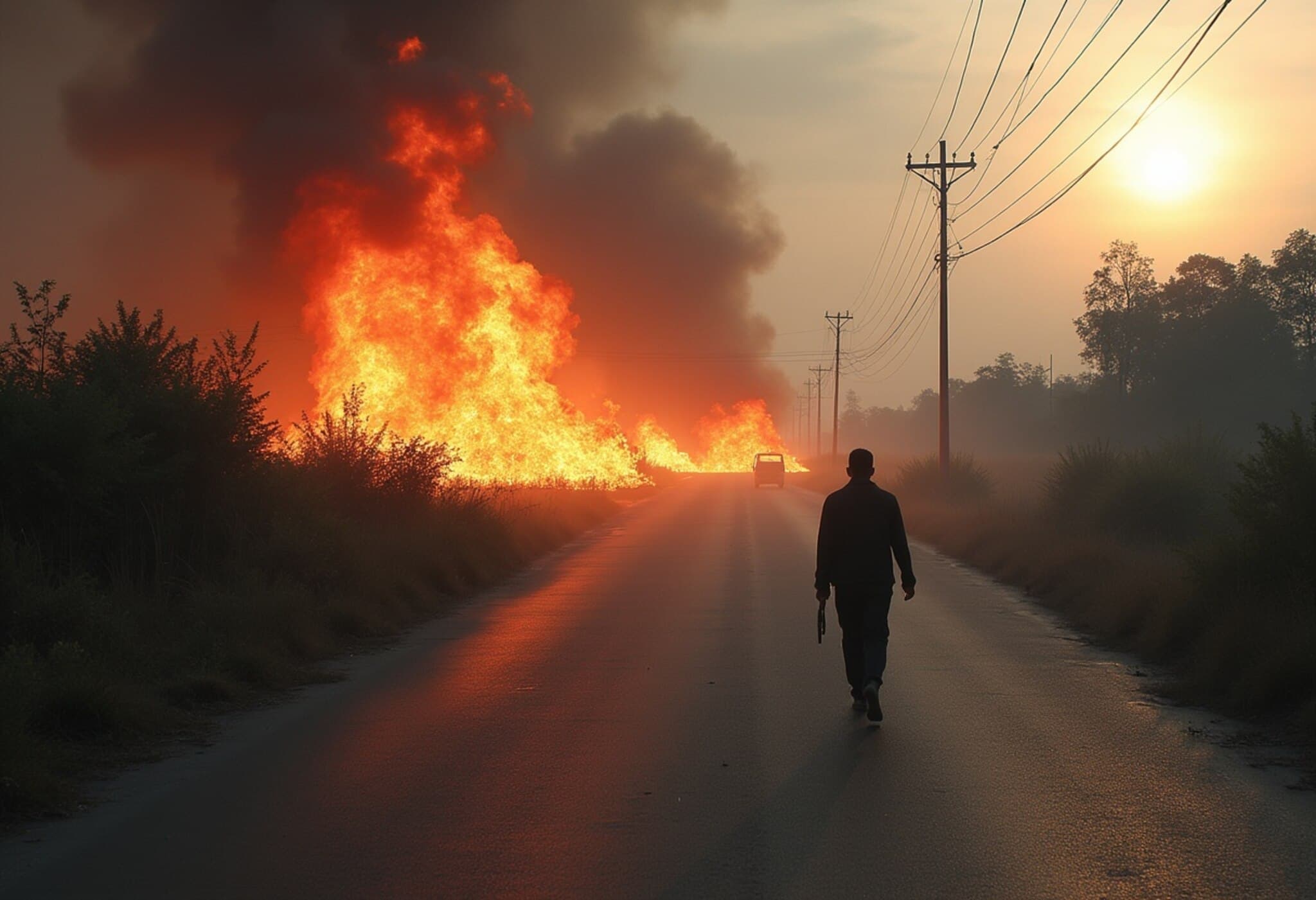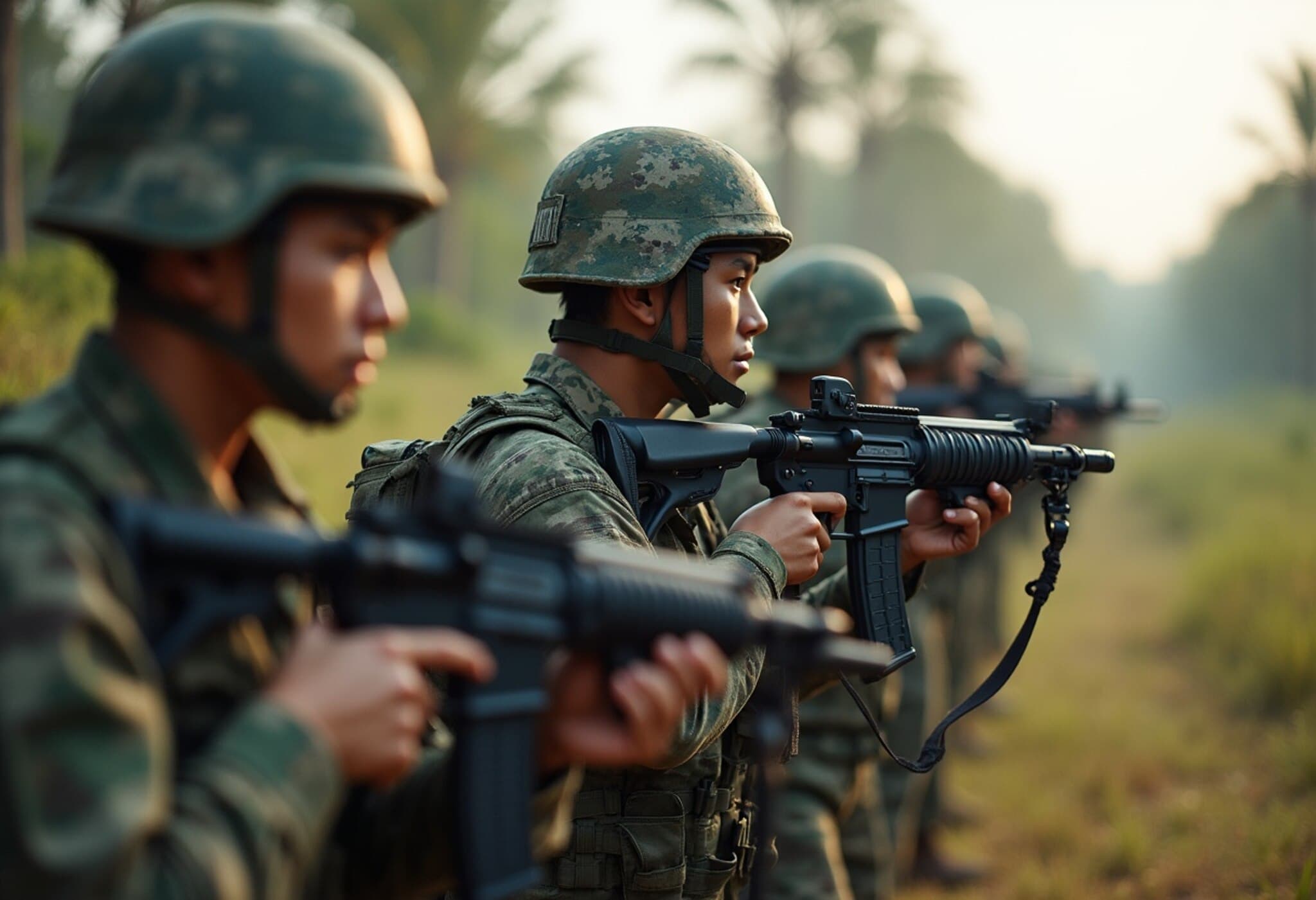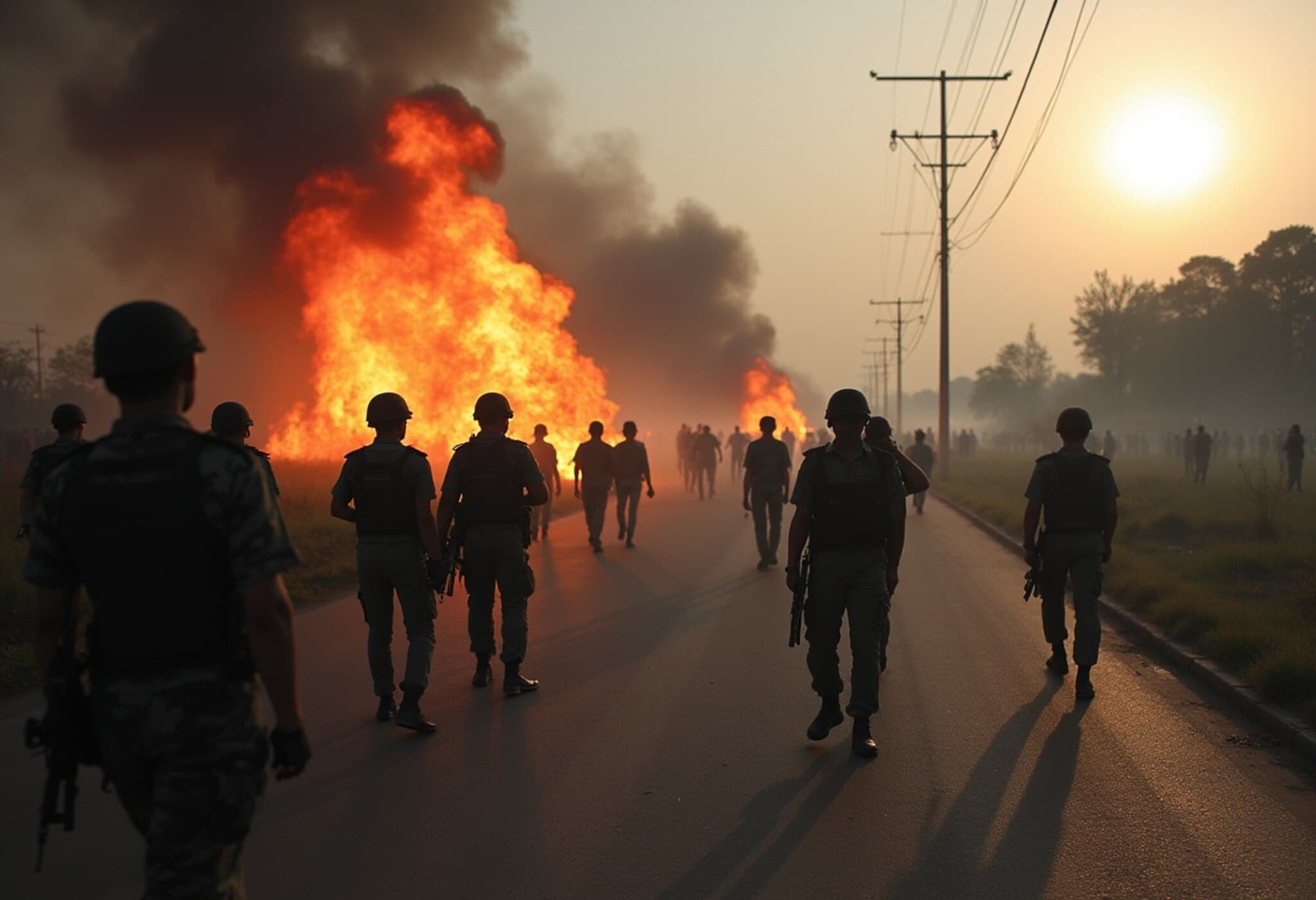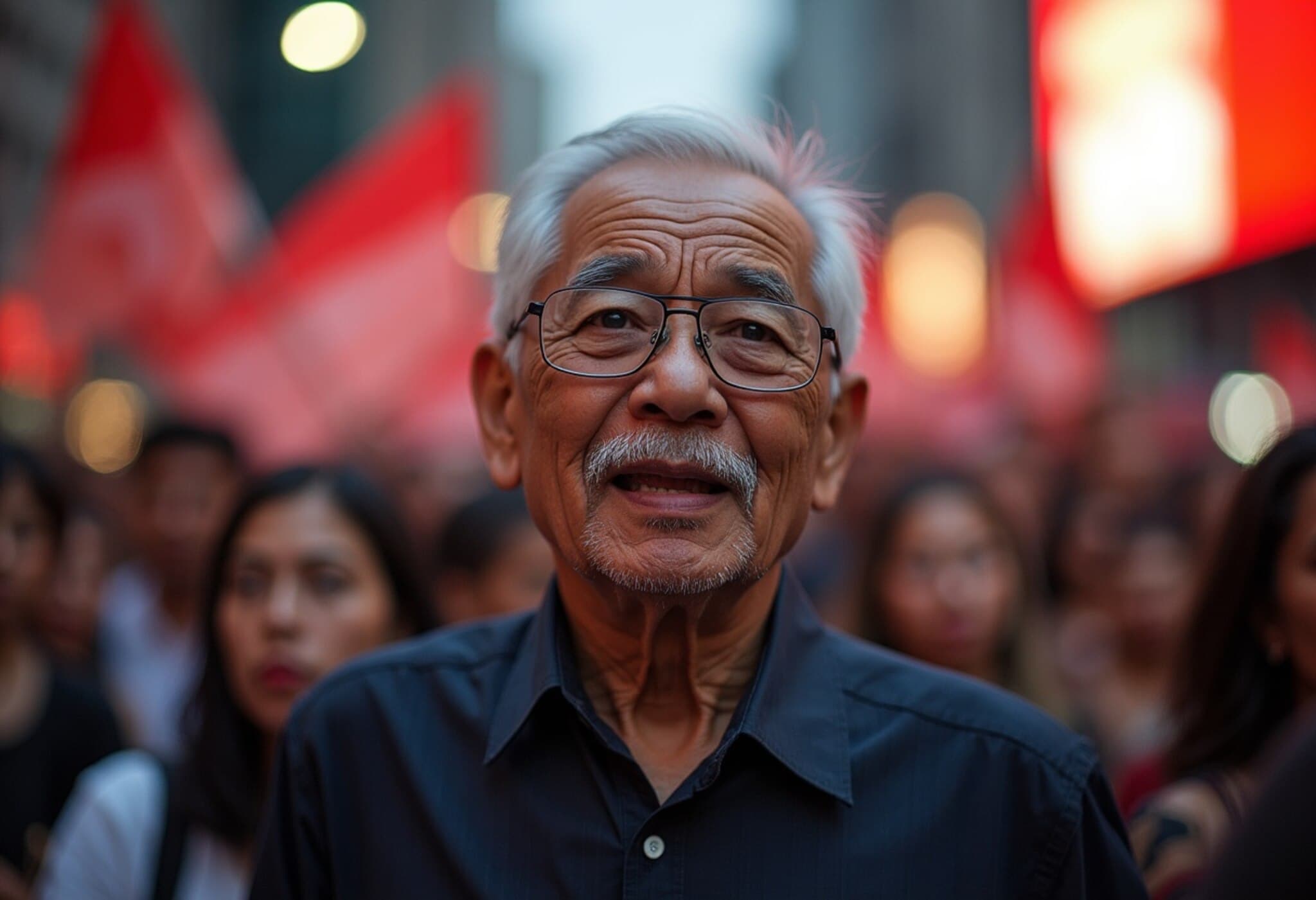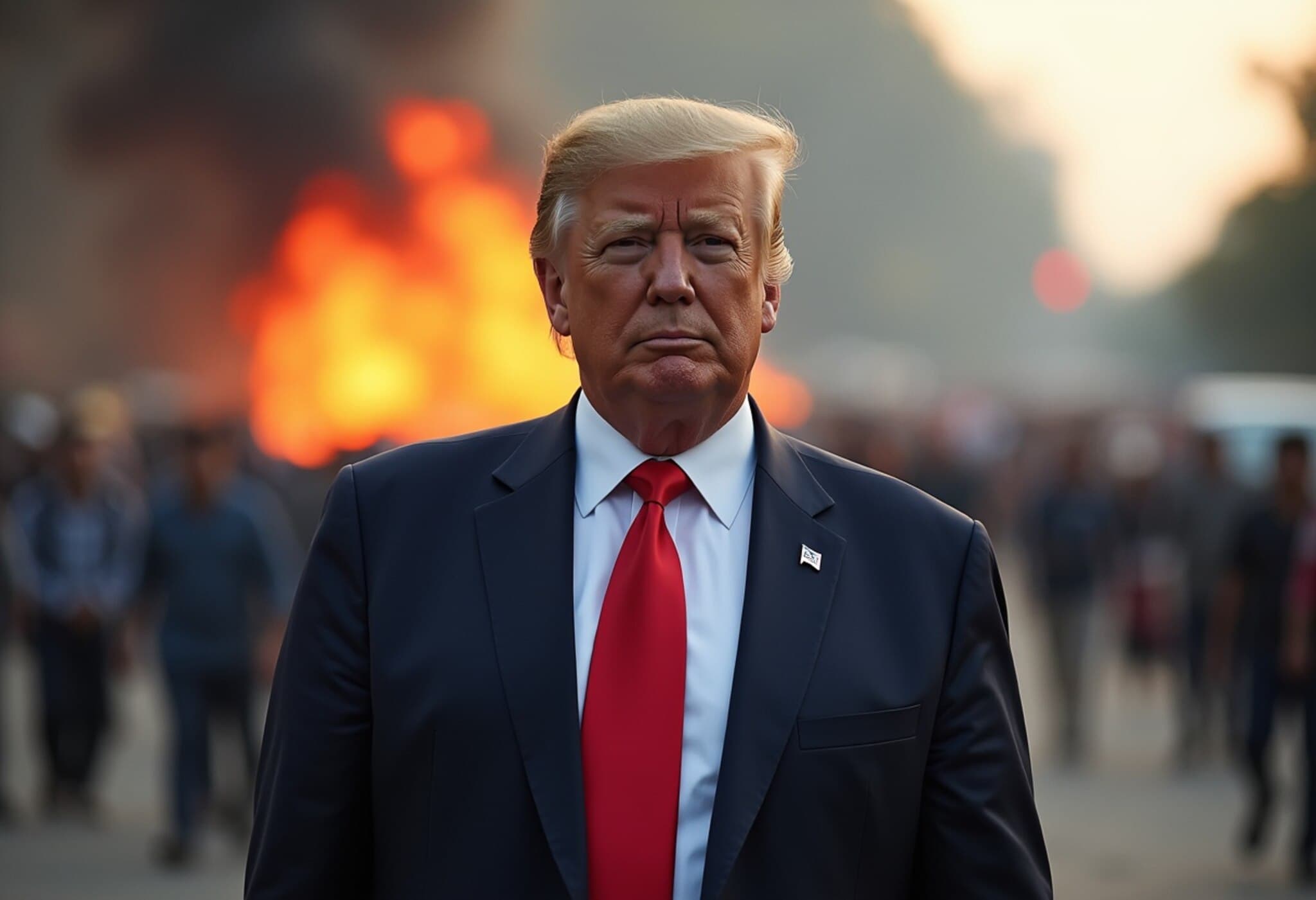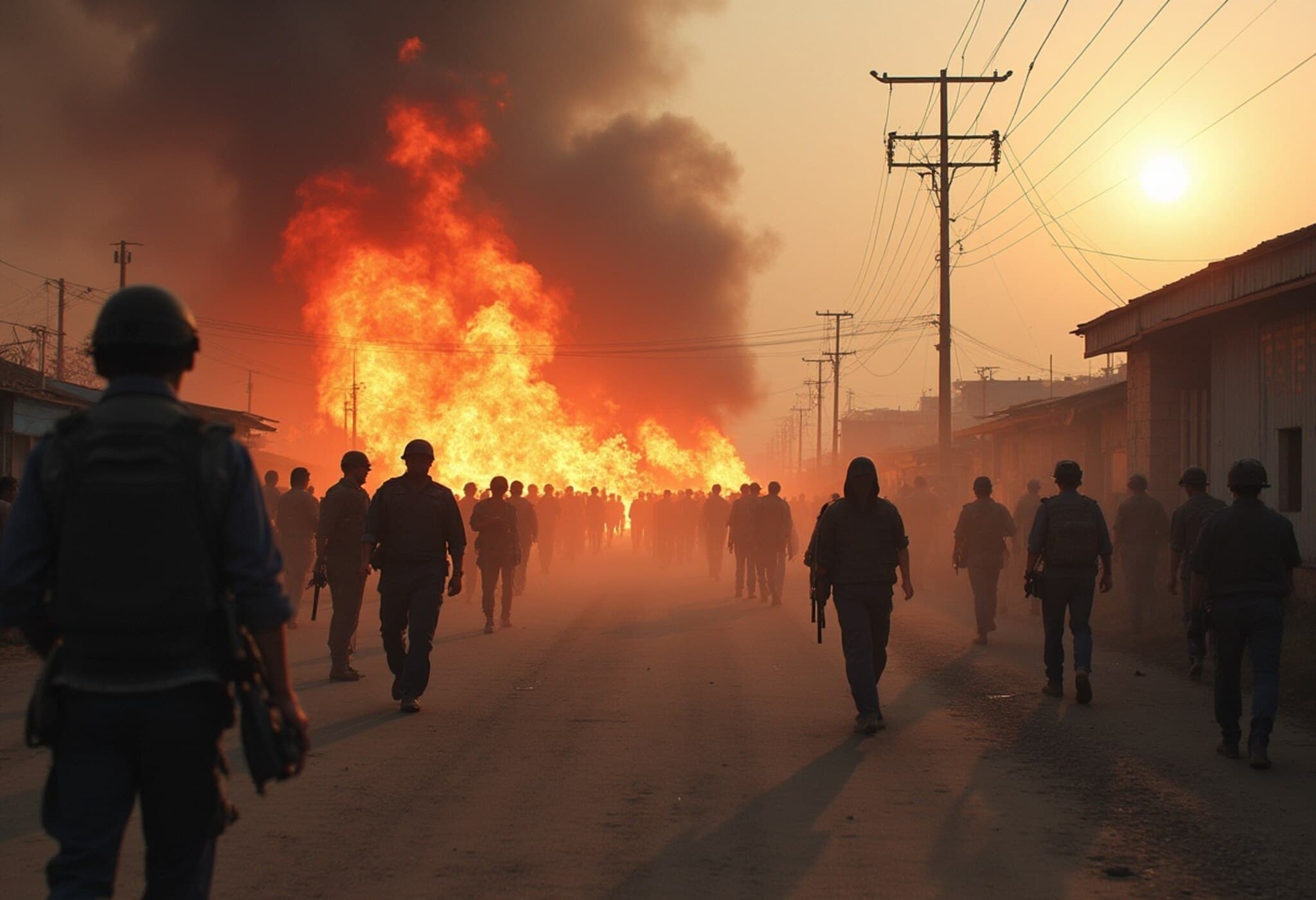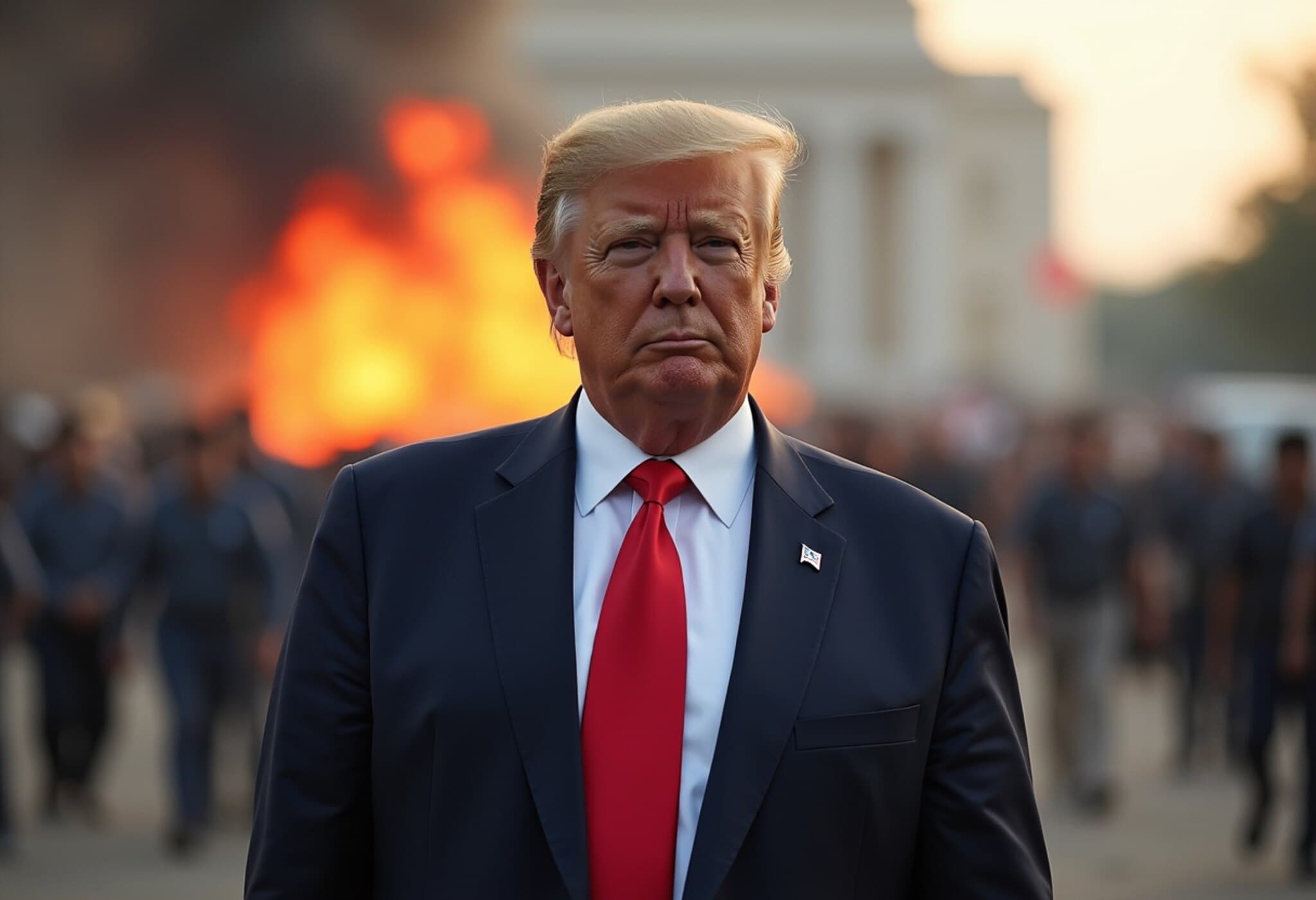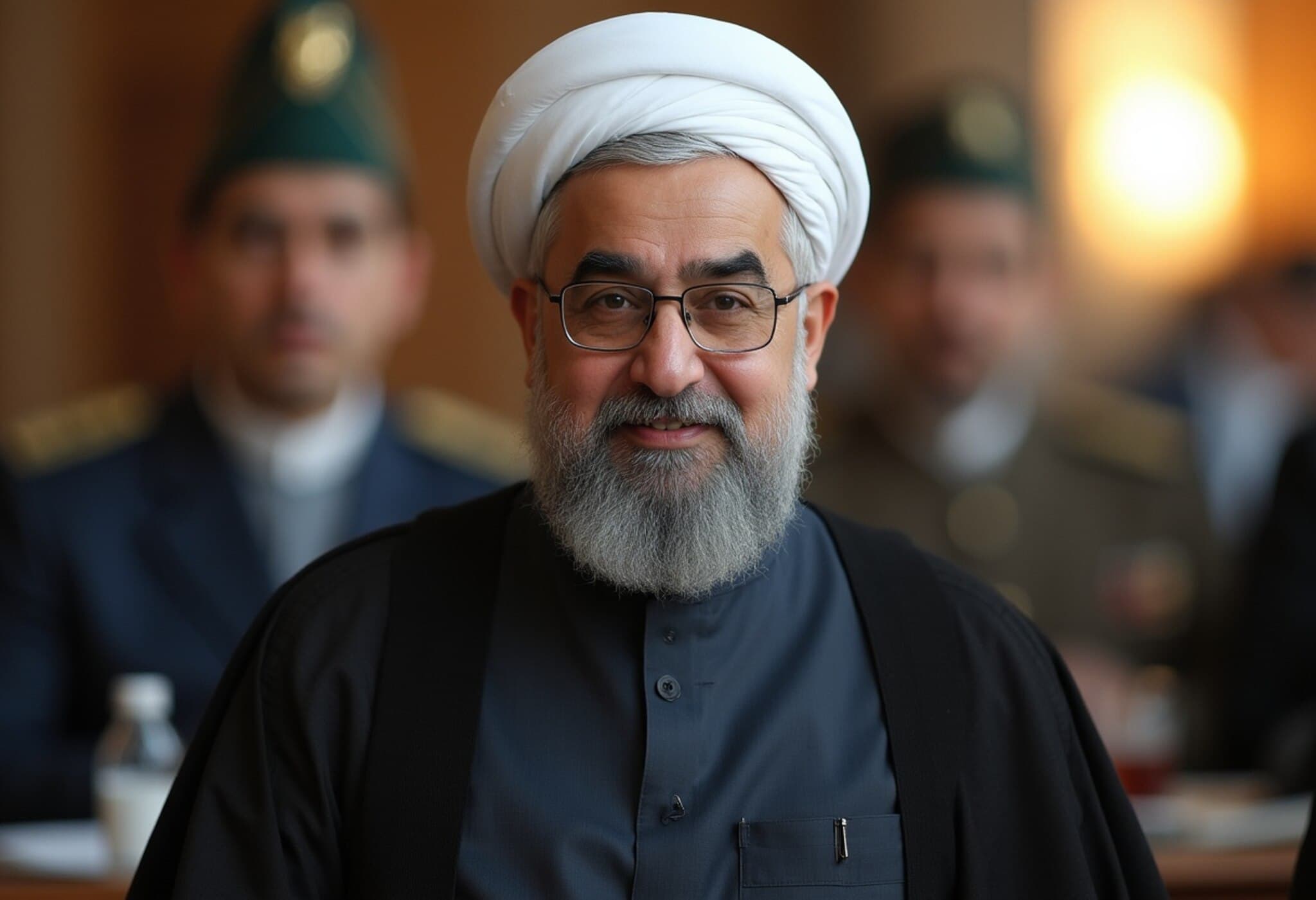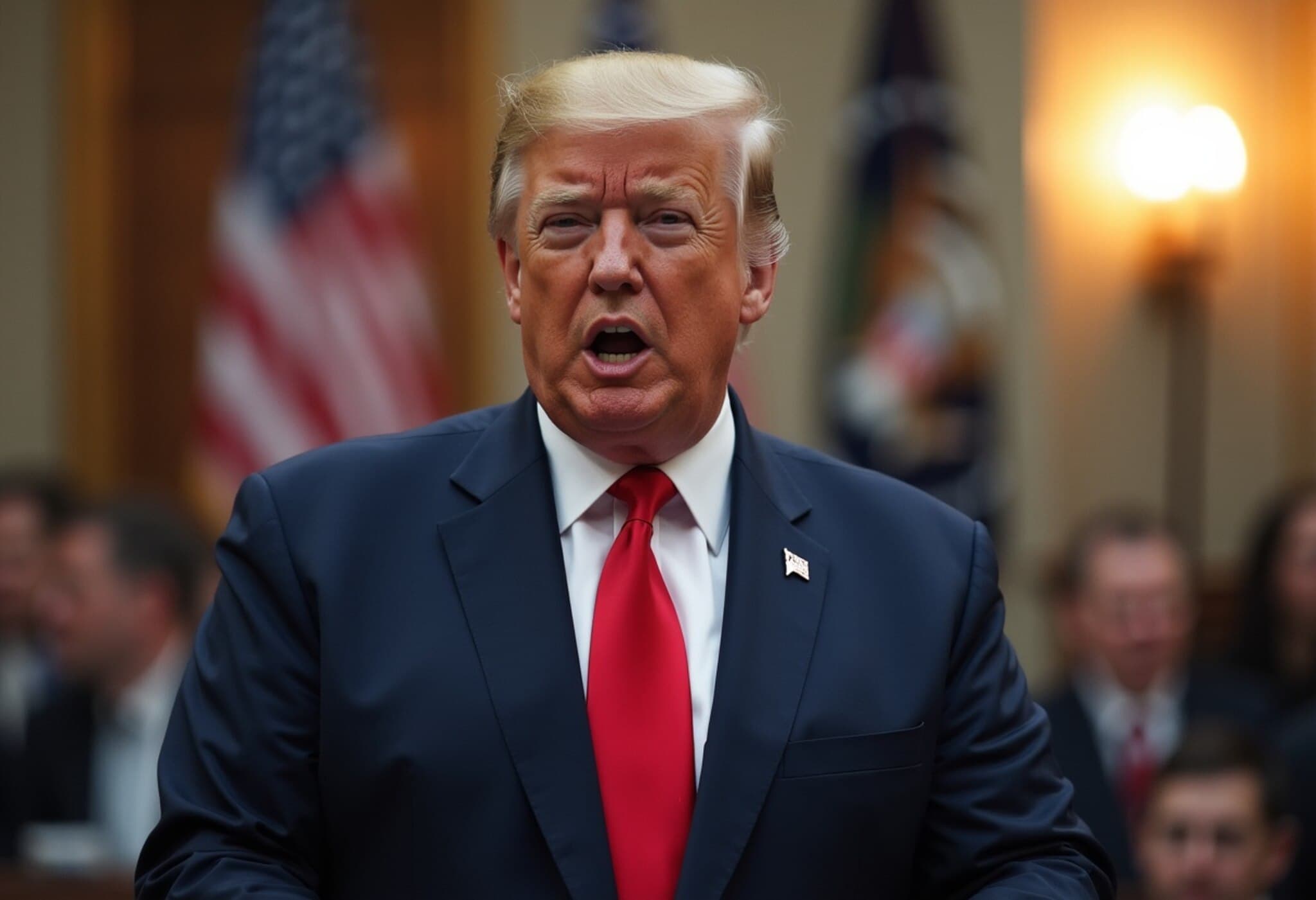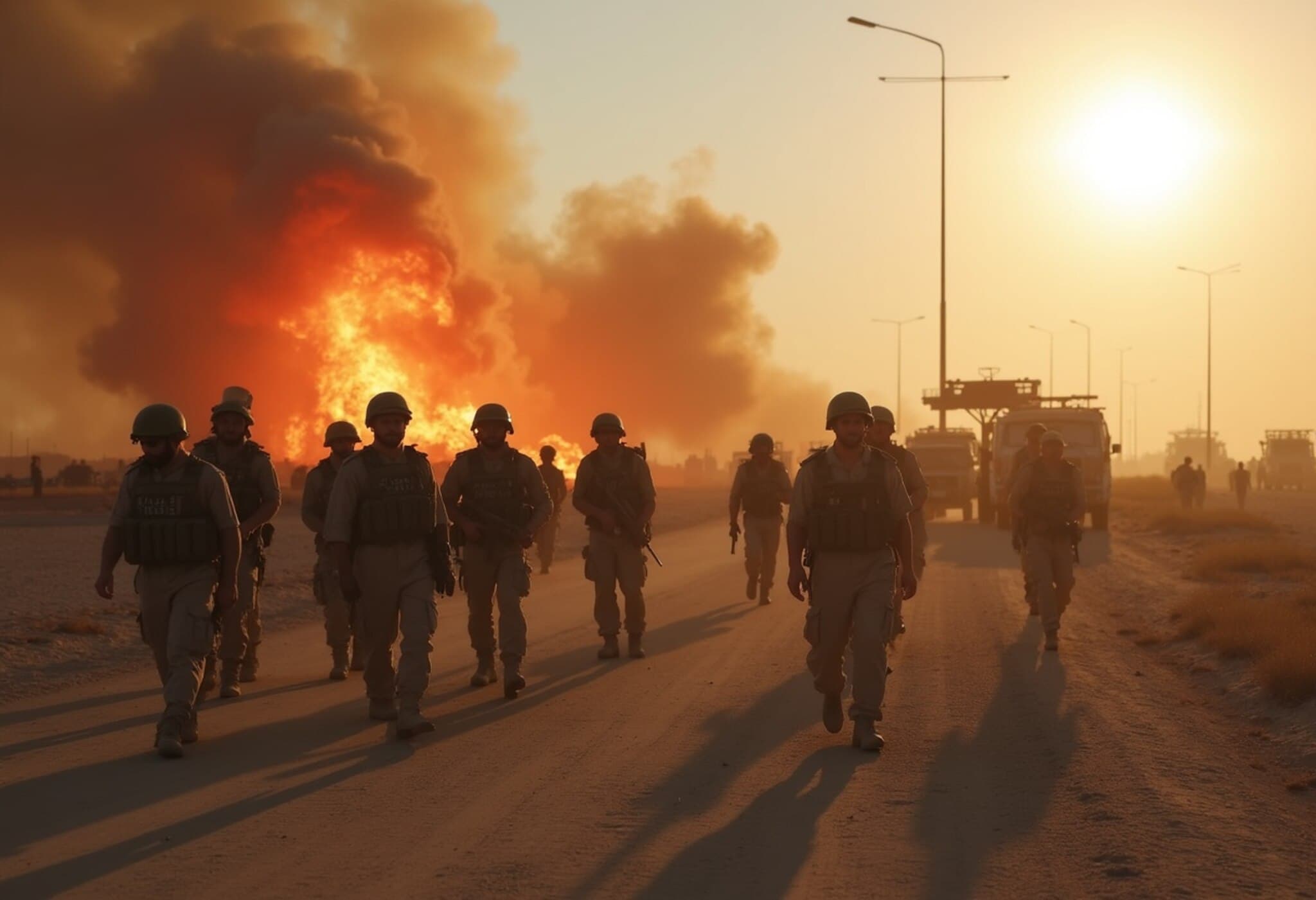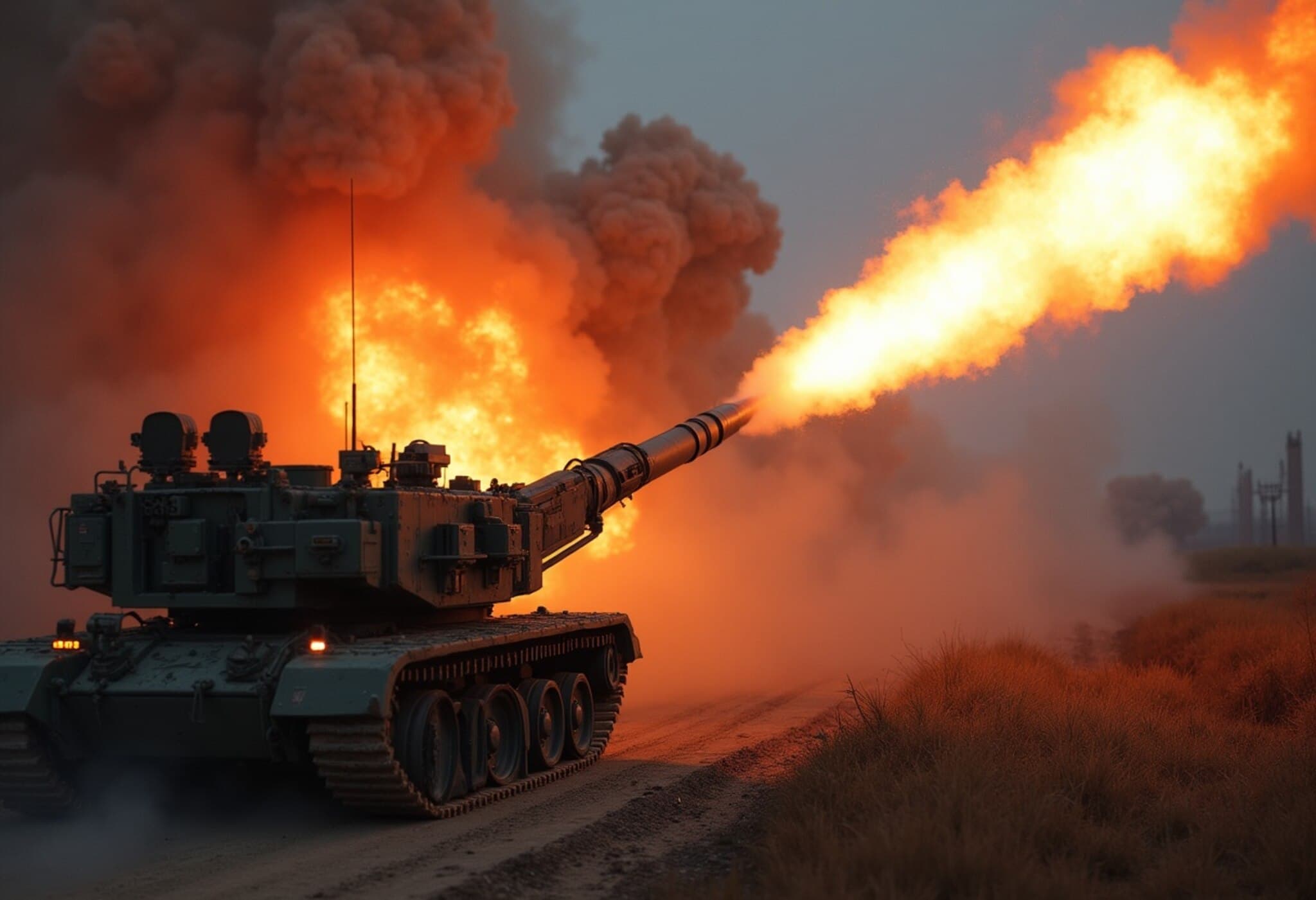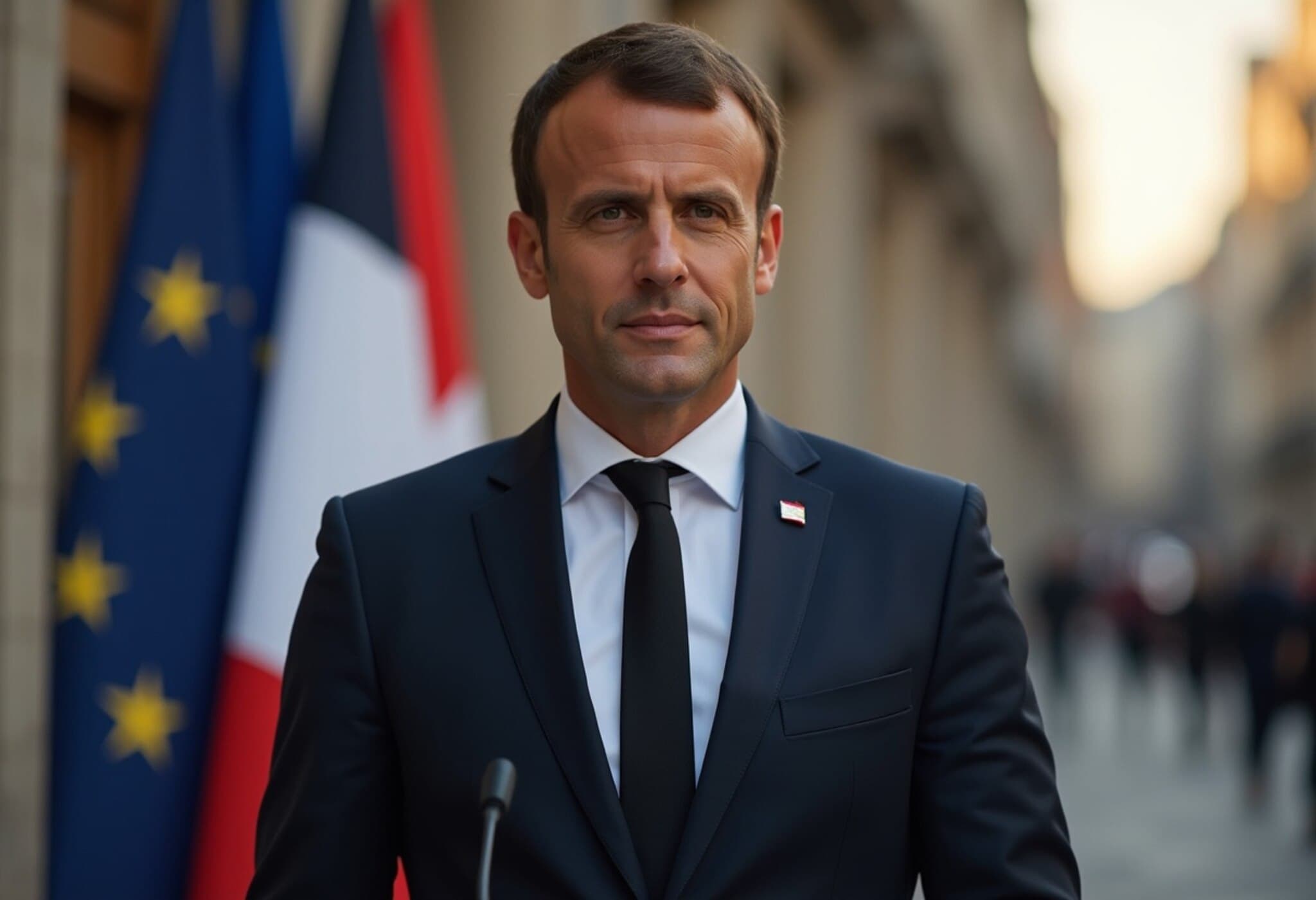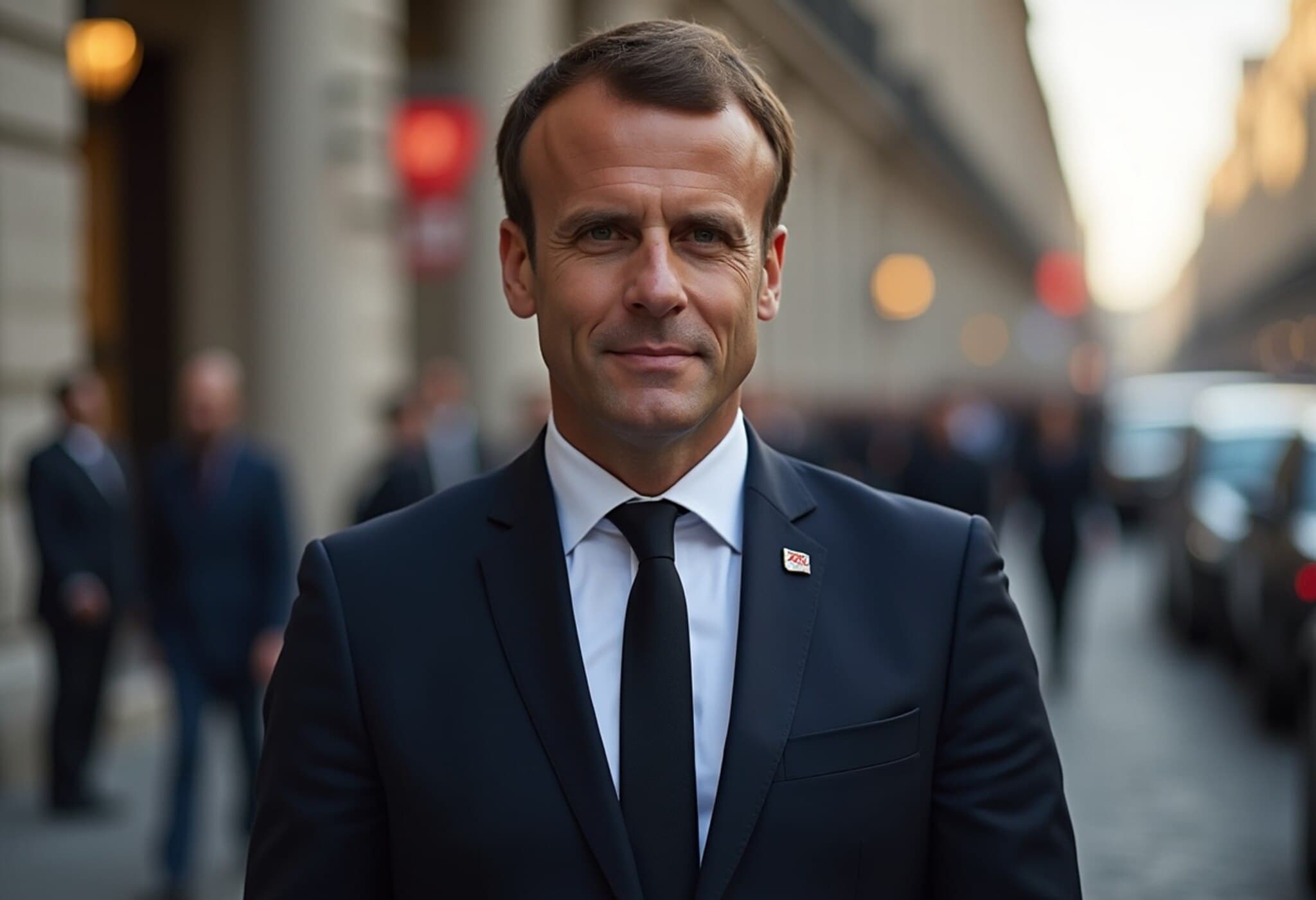US Urges Immediate Ceasefire as Thailand-Cambodia Border Violence Escalates
The longstanding tension between Thailand and Cambodia has taken a deadly turn near the ancient temples of Ta Muen and Ta Moan Thom, prompting the United States to call for an immediate halt to hostilities. In a recent statement, State Department spokesperson Tommy Pigott emphasized the urgency of protecting civilians caught in the crossfire and urged both nations to pursue peaceful negotiations.
Background of the Dispute and Recent Escalation
The territorial dispute surrounding these historic temples, which date back centuries, has been a persistent point of friction between the two neighbors. This week’s clash reportedly ignited when Thai forces detected Cambodian soldiers and a drone operating near the contested area. Thailand asserts it came under fire first, whereas Cambodia claims it was acting defensively to protect its sovereign territory.
The confrontation quickly escalated, resulting in devastating consequences. At least nine Thai civilians, including a child, lost their lives, while a Thai hospital in Phanom Dong Rak came under artillery fire, compounding the humanitarian crisis. Additionally, a landmine explosion injured five Thai soldiers, highlighting the alarming volatility in the region.
Diplomatic Fallout and Regional Implications
- Thailand’s response: Immediate closure of its borders with Cambodia, expulsion of the Cambodian ambassador, and issuance of evacuation alerts to affected civilians.
- Cambodia’s countermeasures: Downgraded diplomatic ties and accusations against Thailand for airstrikes and unauthorized acts of aggression.
Relations between the two countries have deteriorated rapidly amid this renewed violence, with fears that the conflict could spiral beyond localized skirmishes. Regional stability is at stake, and experts warn that failure to de-escalate could invite international scrutiny and potential involvement from ASEAN and global powers.
Expert Insight: The Larger Context and What’s Next
Historically, border conflicts in Southeast Asia often arise from colonial-era demarcation ambiguity, and this temple dispute is no exception. According to Dr. Emily Tran, an expert in Southeast Asian geopolitics, "The clash around Ta Muen and Ta Moan Thom is emblematic of deeper nationalistic sentiments and unresolved historical claims, exacerbated by rising regional assertiveness. The international community must encourage dialogue rather than militarization."
Furthermore, the targeting of civilian infrastructure like hospitals marks a worrying trend that violates international humanitarian law and risks escalating public outrage. This incident serves as a stark reminder of the high human cost when diplomatic avenues fail. The US call for an immediate ceasefire underscores the urgency of returning to dialogue and peacebuilding before further bloodshed ensues.
What This Means for Civilians and Global Stakeholders
For the residents living along the volatile border, the situation is fraught with fear, displacement, and uncertainty. The closure of borders disrupts daily life and commerce, while the ongoing danger of artillery and landmines threatens lives indiscriminately.
On the international stage, the escalating conflict invites questions about the effectiveness of existing regional security frameworks, particularly ASEAN’s role in mediating disputes. The US intervention through public calls adds diplomatic pressure but also signals global attention to potential flashpoints that could destabilize a crucial region.
Moving Forward: Pathways to Peace
- Immediate ceasefire: The essential first step to halt further casualties and damage.
- Humanitarian access: Ensuring medical aid and relief reach affected civilians.
- Diplomatic dialogue: Encouraging direct talks mediated by neutral parties to settle territorial claims peacefully.
- Confidence-building measures: Establishing joint monitoring and communication to prevent future misunderstandings.
As history has shown, protracted disputes rarely resolve without patient diplomacy. This situation not only tests the resilience of bilateral relations but also challenges global actors to foster peace in a region vital to international trade and cooperation.

